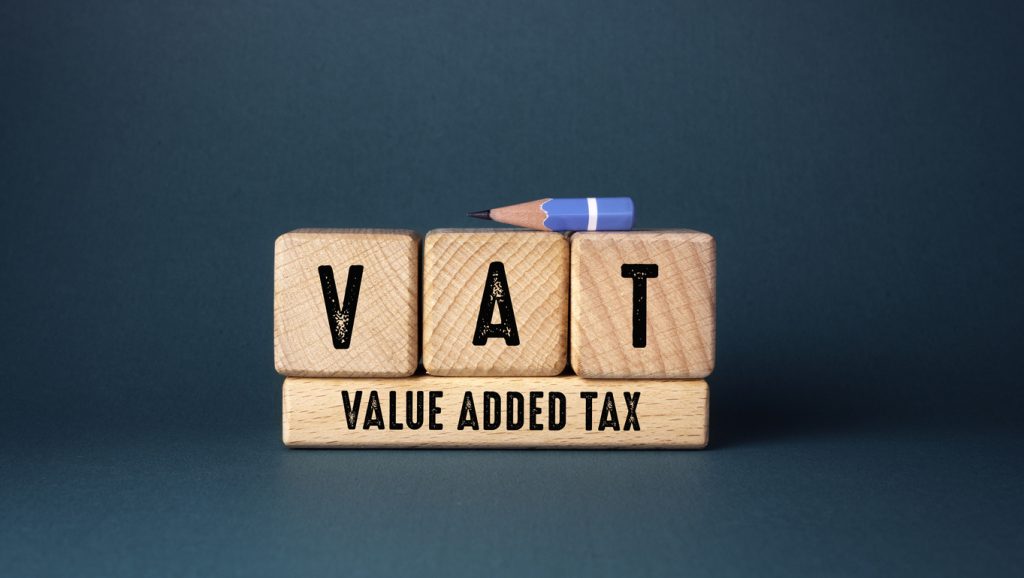
Get in Touch
Our team of accountancy experts are available to speak to you as soon as possible. You can also email us or complete the contact form and one of the team will be in touch.
If you have previously been paid for your work in the form of a loan that was never intended to be repaid, you are liable to pay a loan charge. The loan charge is a single retrospective tax of 45% on all employee payments that were disguised as loans – this is known as Disguised Remuneration. When first introduced, it covered all payments from 1999 to 5 April 2019.
The situation may not necessarily be your fault. Loan remuneration practices have always been technically legal, so you may have been mis-sold the schemes as advised by your lawyer or accountant at the time. Loan remunerations are considered a form of tax avoidance. This is because the loans are not expected to be repaid and they sidestep Income Tax and National Insurance contributions.
Critics of the loan charge have claimed a single lump sum is a harsh penalty for something that was previously allowed. Don’t worry though, improvements to the loan charge were enacted in the Finance Act 2020:
- Only loans from after 9 December 2010 are now covered
- You won’t be charged if you disclosed the scheme on your tax return and HMRC failed to act
- Your bill can be split over three years
Who Pays the Loan Charge?
If your employer set up the scheme, then the tax liabilities will fall on them, not you. However, if the employer no longer exists or is offshore, you are liable to pay. If you have used a loan remuneration scheme, here are your options:
- Repay the loan
- Agree to settle with HMRC
- Pay the loan charge
Anybody who wants to settle with HMRC can get in touch with the required information.
Frequently Asked Questions
-
I need to pay back a loan charge but won’t be able to afford it, can I pay in instalments?
Payment plans are available for those who owe a loan charge who are on salaries below £50,270 and/or are in particularly difficult circumstances. Contact HMRC to discuss your situation and they will be able to guide you regarding your options for making payment.
-
How do I contact HMRC about repaying a loan charge?
To contact HMRC, visit the HMRC page on the gov.uk website.
Search More Terms
View our latest news & insights






